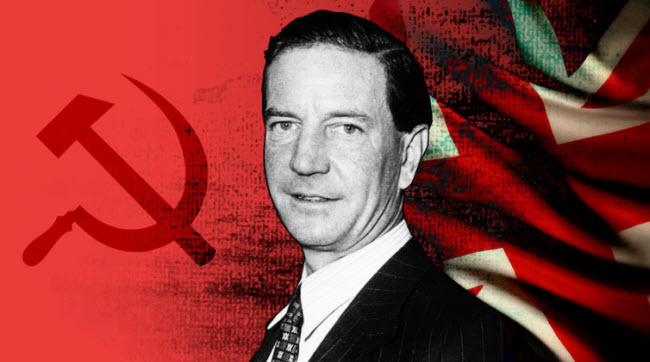It’s difficult to discuss a list of the most notable spies in history without placing the British spy Kim Philby at the forefront. Philby spent most of his career within the British Secret Intelligence Service (SIS) during World War II and the early years of the Cold War. For ten years, he even led the counterintelligence division against the Soviet Union, earning both recognition and respect from his peers. Known for his courteous demeanor and professionalism, Philby was awarded high honors in the UK. However, behind this façade, he was secretly working as one of the most infamous Soviet agents to have ever infiltrated the United Kingdom. His true mission was, ironically, to expose spies like himself, making the discovery of his double life a shocking blow to British intelligence. After years of deception, Philby earned the title of Britain’s greatest traitor.
Born as Harold Adrian Russell Philby in 1912, Philby, who later became known simply as Kim Philby, came from a wealthy family. His father worked in British-ruled India and later converted to Islam, becoming an advisor to King Ibn Saud of Saudi Arabia. In a twist of fate, while Philby’s father successfully convinced the Saudis to align with Britain and the United States rather than the Soviet Union, his son would eventually spend 30 years working for the Soviets. Philby was educated at Cambridge University, where he became associated with British socialists. Reflecting on this period, Philby remarked, “As a 19-year-old university student, I was forming my views on life. I looked around and concluded that the rich had enjoyed their privileges for far too long, while the poor suffered greatly. It was time for change.” Driven by a desire for equality, Philby turned his ambitions toward the Soviet Union, the stronghold of leftist ideology at the time. In 1933, he was recruited in Vienna by Soviet intelligence officer Arnold Deutsch, who persuaded him that he could do more for the communist cause by operating undercover in Britain than by joining any socialist movement.
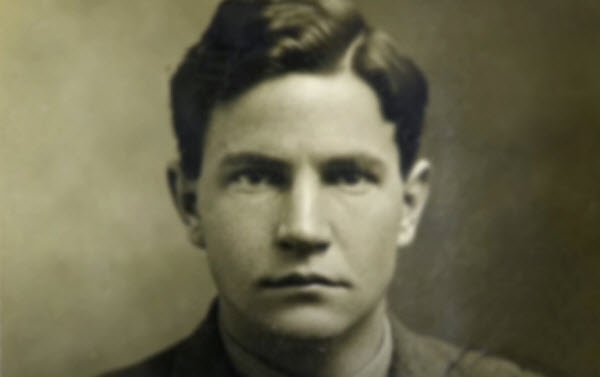
As a newly recruited Soviet spy, Philby began concealing his political beliefs and embarked on a career as a correspondent for The Times, reporting from fascist Spain and publicly praising General Franco. His growing international experience caught the attention of British intelligence, and he was offered a position, which he quickly accepted. When World War II broke out in 1939, Philby became an indispensable agent for the Soviets. He provided them with critical warnings, such as the impending Nazi invasion of the Soviet Union (Operation Barbarossa) and Japan’s decision to attack Southeast Asia rather than Soviet territory. Although the first warning was disregarded, the second was crucial, confirmed by another Soviet-German agent, Richard Sorge. This allowed Stalin to redeploy troops from the Far East to defend Moscow. Additionally, as the British decrypted Germany’s secret Enigma code, revealing critical military plans, Prime Minister Winston Churchill hesitated to share all intelligence with the Soviets. Yet Philby ensured that these secrets reached Moscow daily, smuggling out piles of classified documents in a large bag for his Soviet contacts to photograph before returning them.
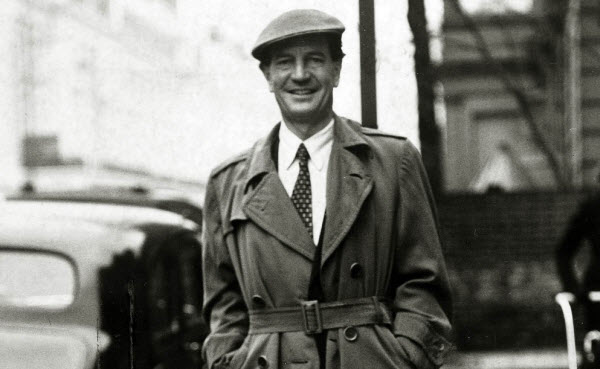
One of Philby’s proudest achievements for the Soviets was his contribution to their victory in the 1943 Battle of Kursk, where his intelligence revealed where the Germans planned their decisive strike, near Prokhorovka. This enabled the Soviets to prepare, halt the German offensive, and launch a counterattack that would turn the tide of the war in their favor. Years later, Sergei Ivanov, head of public relations for the Russian Foreign Intelligence Service, revealed that when asked about his greatest accomplishment, Philby consistently mentioned “Prokhorovka.”
Despite his undercover efforts for the Soviets, Philby was, on the surface, a loyal and effective British intelligence officer. In 1944, after his superior was ousted, he was promoted to lead the British counterintelligence unit focused on combating communist espionage. Even in this position, he continued passing vital information to Moscow, refining his methods to avoid detection. In 1946, he was awarded the Order of the British Empire by King George VI for his contributions to anti-communist efforts, a supreme irony given his real loyalties. Philby’s career was nearly exposed in 1945 when Konstantin Volkov, the Soviet vice-consul in Turkey, attempted to defect to the British, offering to trade the identities of three high-ranking Soviet agents in London in exchange for political asylum. One of those agents was Philby himself, then working in counterintelligence. Fortunately for Philby, he was assigned by British intelligence to handle Volkov’s defection and quickly warned Moscow, allowing the Soviets to eliminate Volkov before he could reveal the truth.
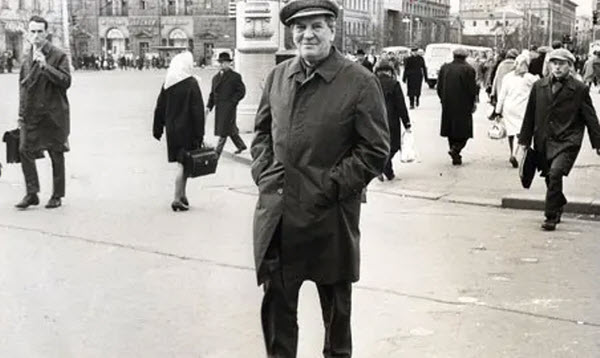
However, suspicion began to mount against Philby in 1951 when two British men, Donald Maclean and Guy Burgess, defected to Moscow. Both had been recruited by Philby, and British intelligence was aware of his connection to Burgess. Believing Philby could be the mysterious “third man” in their ranks, they subjected him to intense daily interrogations. Despite the pressure, Philby remained calm and provided no concrete evidence of wrongdoing, resulting in his eventual release. Although he was dismissed from his role as head of the anti-communist division, Philby was publicly exonerated in 1955, even holding a press conference in which he denied any involvement with Soviet espionage, claiming that the last time he had knowingly spoken to a communist was in 1934. The public believed him.
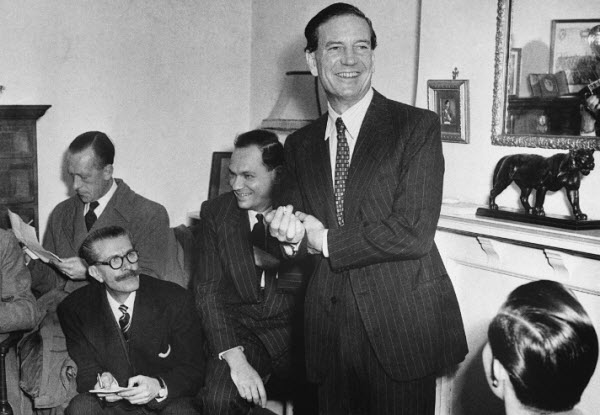
Between 1956 and 1963, Philby operated out of the Middle East as a journalist, though he continued his work for both British and Soviet intelligence. Little is known about this period of his life, but in 1963, his cover was finally blown due to testimony from new defectors to the West and an old acquaintance who exposed his communist sympathies. With the net tightening around him, Philby’s Soviet handlers organized his escape from Beirut to Moscow. Some believe British intelligence intentionally allowed Philby to flee to avoid a scandalous trial. Once in the Soviet Union, Philby retired with full honors. He continued to share what he knew with Soviet intelligence, lectured occasionally to younger officers, and lived in a Moscow apartment with a wife 20 years his junior. In his few interviews, Philby expressed no regret for his actions, referring to the Soviet Union as “we” and considering it his true homeland, though he admitted to missing Britain at times. Many details of Philby’s espionage work remain classified to this day and may never be fully known, even after his death in 1988 at the age of 76.
